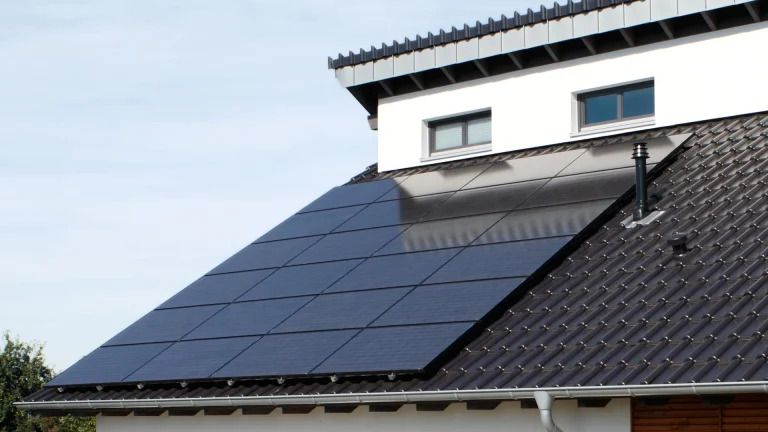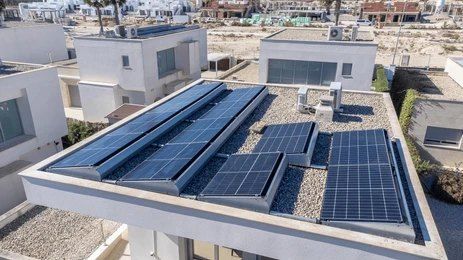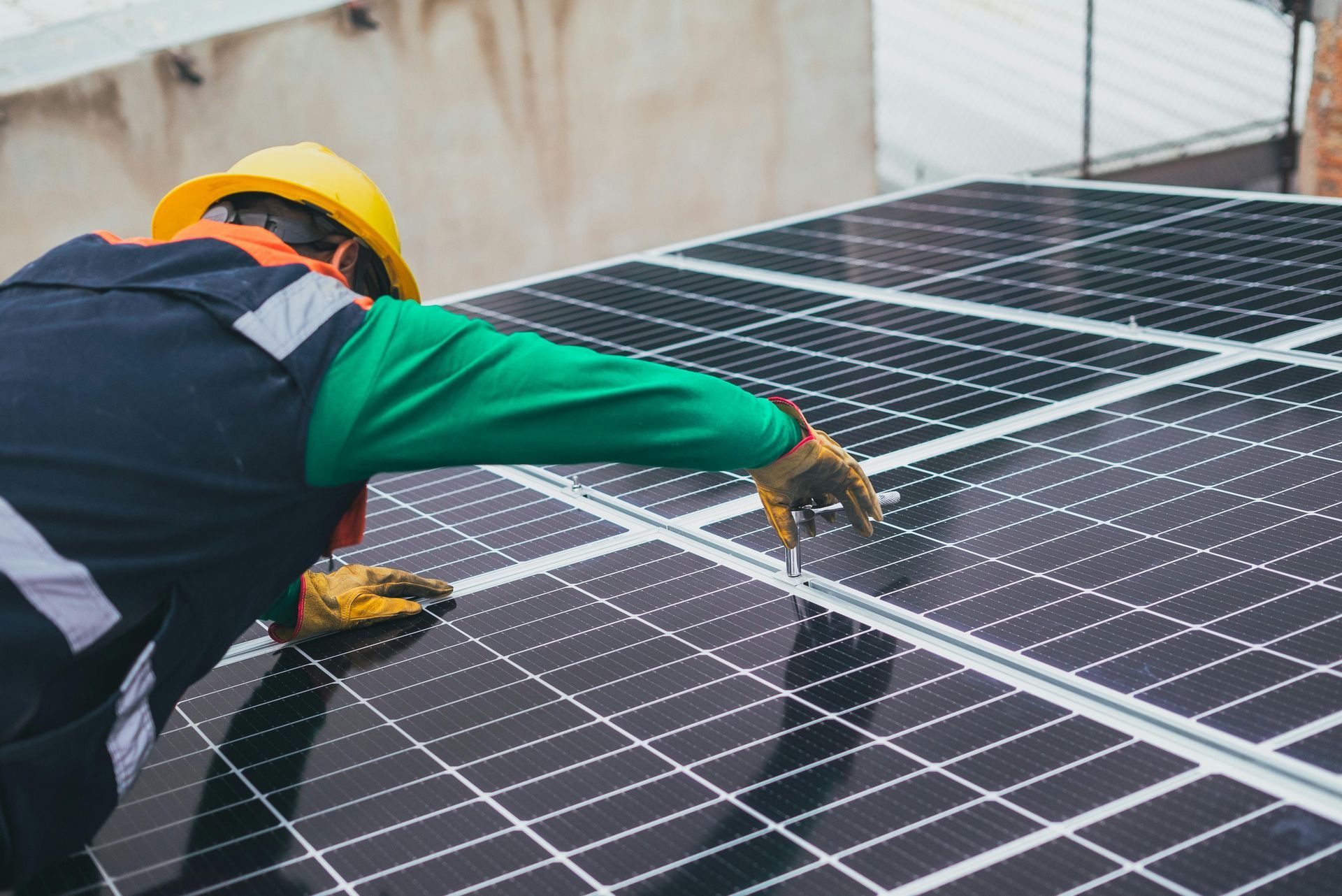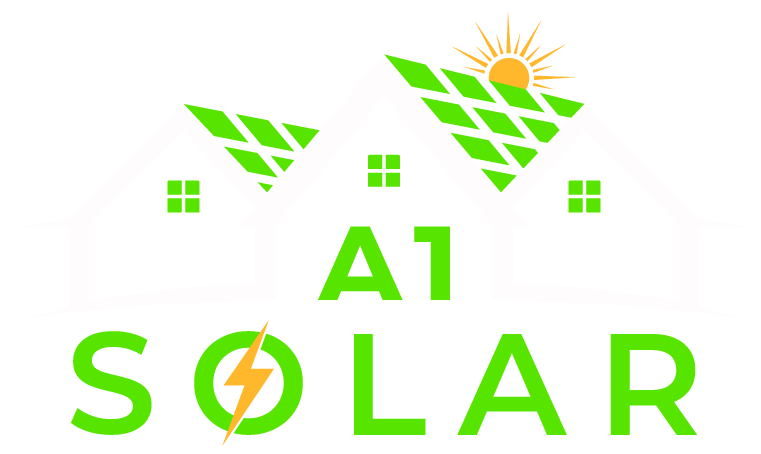Solar Energy Tax Credits for 2025: What Homeowners Should Know
The sun is out for homeowners who are interested in going solar, but as we approach 2025, the financial incentive landscape is shifting. For decades, the federal solar energy tax credits 2025 have been a keystone of the residential solar revolution, opening up the transition to clean, renewable energy to more and more people.
As we approach the closing of 2025, more than ever before, homeowners must comprehend these incentives to get the most from their savings.
At A1 Solar, we're committed to educating our clients with the information they require to make the smartest choices for their homes and their budgets.
In this guide, we'll take you through the most important solar energy tax credits available in 2025, what's offered, who qualifies, and how you can benefit from these substantial cost savings before they expire.
The Federal Solar Investment Tax Credit (ITC): Your Largest Savings
The largest single financial incentive for solar for homeowners is the federal Solar Investment Tax Credit (ITC). Also officially called the Residential Clean Energy Credit, this incentive lets you claim a percentage of your solar panel installation cost as a credit from your federal income taxes.
The important facts about the 2025 ITC:
The 30% Credit is Ending: Thanks to new legislation, the 30% tax credit is set to expire on December 31, 2025. This is a significant change from the previous phase-down schedule established by the Inflation Reduction Act of 2022.
To qualify for the full 30% credit, your solar system must be fully installed and commissioned by the end of the year. This makes 2025 the final window to take full advantage of this generous incentive.
What It Covers: The credit covers a broad array of installation costs related to your solar panel installation residential, including:
- Solar panels, cells, and equipment.
- Contractor labor for installation and preparation on-site.
- Wiring, inverters, and mounting equipment.
- Permitting fees and inspection fees.
- Eligible battery storage technology (with a minimum capacity of 3 kWh).
This broad coverage allows the ITC to lower your system's cost substantially, making the payback for your solar energy benefits at home even more appealing.
Having an Idea of Eligibility for Residential Solar Incentives
To qualify for the federal ITC solar incentives residential, you have to fulfill a few basic requirements:
- System Ownership: You have to own the solar energy system. That is, you do not qualify if you are entering into a solar lease or Power Purchase Agreement (PPA) with an installer.
- Residential Use: The system has to be installed at a dwelling within the United States. It does not have to be your main residence.
- New Installation: The credit is exclusive to the initial installation of the solar equipment. You are not eligible if you buy a house that has an existing solar system.
The credit is not refundable, but you can use it to lower your tax bill. But if the credit is more than what you owe in taxes for a particular year, you can transfer the unused credit to subsequent years.
State and Local Incentives: Added Layers of Savings
On top of the federal tax credit, numerous states, cities, and utilities provide their own incentiives. These can be in the shape of rebates, secondary tax credits, or performance incentives. When combined with the federal ITC, these programs can add up to make a strong financial argument for solar.
These solar incentives for residential differ greatly from place to place, but typical examples include:
- State Tax Credits: There are tax credits available in some states on top of the federal credit.
- Performance-Based Incentives (PBIs): You could get paid per kilowatt-hour (kWh) of electricity that your system produces.
- Net Metering: This law lets you get credits on your power bill for any extra electricity your solar panels generate and feed back into the grid.
These other programs are one of the most significant reasons why it is so valuable to consult with a local solar professional such as A1 Solar. We can assist you in determining the unique incentives relevant to your region and help you maximize your potential savings.
Frequently Asked Questions
How does a tax credit differ from a tax deduction?
A tax credit reduces the amount of tax that you owe, dollar for dollar. A tax deduction only lowers your taxable income. The federal solar energy tax credits for residential use are a large credit, which can give a far more significant financial reward.
Can I claim the tax credit if I financed my solar panel installation?
Yes. You can claim the entire tax credit on the cost of your solar system, even if you're paying for it through a loan. The credit is tied to the price you paid for the system, not what you've actually paid for it. You can then use the credit to offset the loan.
Does the tax credit count for a new roof if it's required for the solar panels?
No, in general, the tax credit will not pay for a new roof. It is only for the solar equipment itself and the labor to install it. An exception is solar shingles or tiles that are designed to be used as part of the roof and produce electricity.
What if I don't have a large enough tax liability to claim the entire credit?
The federal solar tax credit is nonrefundable, meaning it can only apply to the extent of your tax liability, down to zero, but not yield a refund. Nevertheless, you are allowed to carry any excess portion of the credit forward to use when paying taxes in future years.
Conclusion
The sunset of the 30% federal solar tax credit is significant. Although the credit has been a great solar adoption driver, its sunset creates an added sense of urgency for homeowners who have been weighing a shift to solar. The solar energy tax credits in 2025 are the final opportunity to capture the greatest possible federal savings.
At A1 Solar, we're committed to assisting you in securing these residential solar incentives before they're gone for good. Now is the time to take action.
By getting a solar system installed in 2025, you can greatly lower your upfront costs, slash your long-term energy expenses, boost your home's value, and help save our environment—all while realizing the greatest financial rewards possible.







